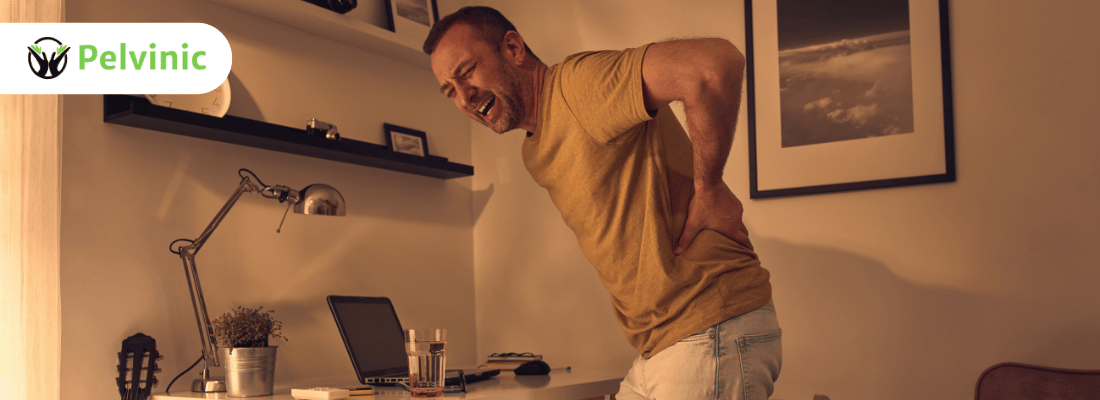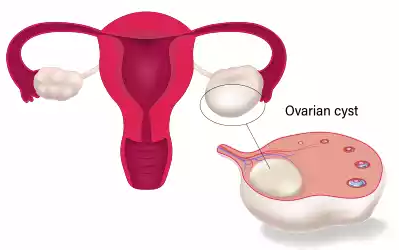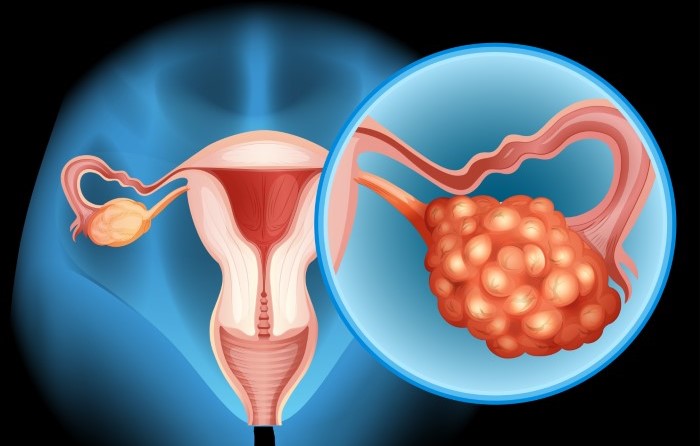All You Need to Know About Hernia Surgery in Delhi

Overview
Imagine this: You’ve been experiencing discomfort in your abdomen for months. You try to ignore it, blaming it on bloating or bad posture, but the discomfort keeps coming back. It intensifies every time you lift something heavy or even when you cough. You begin to wonder, “Is this normal?” Eventually, you consult a doctor, and the diagnosis comes in – hernia. This moment, full of uncertainty and worry, is where many people in Delhi find themselves. But don’t worry, hernia surgery is a common, highly effective solution, and Delhi has some of the best options for it, including Pelvinic, a specialized center for hernia surgery in Delhi that combines expert care with state-of-the-art facilities.
What is Hernia Surgery and Why Might You Need It?
Hernia surgery is a medical procedure performed to correct the condition where an organ or tissue pushes through a weak spot in the surrounding muscle or connective tissue. Most commonly, hernias occur in the abdominal area, though they can also occur in the groin, upper thigh, and belly button.
Why might you need it? Hernias don’t go away on their own. Over time, the protrusion can grow larger and cause significant discomfort, pain, and potentially life-threatening complications like strangulation, where blood flow to the trapped tissue is cut off. Surgery becomes essential not just for pain relief but for preventing further medical issues.
What are the Different Types of Hernia and How are They Treated in Delhi?
Hernias come in various forms, and their treatment often depends on the type. Here are some common types treated in Delhi:
-
Inguinal Hernia: The most common type, it occurs in the inner groin. Treated through either laparoscopic or open surgery.
-
Umbilical Hernia: Found around the belly button, often treated with a surgical mesh to reinforce the abdominal wall.
-
Incisional Hernia: These occur at the site of a previous surgery and often require a similar surgical approach.
-
Hiatal Hernia: Occurs when part of the stomach pushes up into the diaphragm. This might require both surgical and non-surgical treatments.
How Can You Find the Best Surgeon for Hernia Surgery in Delhi?
Finding the right surgeon is crucial for a successful outcome. Here are some key factors to consider when looking for a surgeon in Delhi:
-
Experience: Check how many hernia surgeries the surgeon has performed, especially the type you need.
-
Patient Reviews: Testimonials and feedback from previous patients can provide insights into the surgeon’s skill and bedside manner.
-
Hospital Affiliations: Surgeons working at top hospitals or specialized centers like Pelvinic often have access to the latest technologies and resources.
-
Specialization: Look for surgeons who specialize in laparoscopic and minimally invasive surgeries, as these are often preferred for hernia repair.
When Should You Opt for Laparoscopic vs. Open Hernia Surgery?
This decision depends on several factors:
-
Size and Location of the hernia: Large or complicated hernias might require open surgery, while smaller ones are often handled laparoscopically.
-
Patient’s Medical History: If you have had previous abdominal surgeries, laparoscopic surgery may be more challenging.
-
Recovery Time: Laparoscopic surgery typically offers a shorter recovery period and less post-operative pain, making it the preferred choice for many patients.
When Should You Opt for Laparoscopic vs. Open Hernia Surgery?
This decision depends on several factors:
-
Size and Location of the hernia: Large or complicated hernias might require open surgery, while smaller ones are often handled laparoscopically.
-
Patient’s Medical History: If you have had previous abdominal surgeries, laparoscopic surgery may be more challenging.
-
Recovery Time: Laparoscopic surgery typically offers a shorter recovery period and less post-operative pain, making it the preferred choice for many patients.
In Delhi, leading centers like Pelvinic offer both types of surgery, with experienced surgeons recommending the best approach based on your individual case.
What Should You Expect Before, During, and After Hernia Surgery?
Knowing what to expect at every stage can ease much of your anxiety. Here’s a breakdown:
-
Before Surgery: You’ll undergo a series of tests, including blood work and imaging, to determine the best surgical plan. Fasting is required before surgery.
-
During Surgery: Depending on whether you’re having laparoscopic or open surgery, the procedure can take anywhere from 30 minutes to a few hours.
-
After Surgery: Expect to stay in the hospital for a few hours or overnight, depending on the complexity of your surgery. Pain management and instructions on wound care will be provided.
What are the Risks and Recovery Times for Hernia Surgery in Delhi?
Like any surgery, hernia surgery comes with potential risks, including infection, bleeding, and recurrence of the hernia. However, with modern techniques and experienced surgeons, these risks are minimal.
-
Recovery time: For laparoscopic surgery, you can expect to resume normal activities within a week, though strenuous activities should be avoided for at least a month. Open surgery might require a longer recovery time, often up to six weeks.
Tips to Speed Up Recovery:
-
Follow your doctor’s instructions carefully.
-
Avoid heavy lifting and strenuous activities.
-
Maintain a healthy diet to prevent constipation, which can strain the surgical site.
Can You Prevent a Hernia from Returning After Surgery?
Hernias can recur, but taking some preventive steps can minimize this risk:
-
Strengthen Abdominal Muscles: Engage in exercises that build your core muscles, but avoid heavy lifting too soon after surgery.
-
Maintain a Healthy Weight: Extra weight puts pressure on your abdomen, increasing the risk of recurrence.
-
Quit Smoking: Smoking can impair tissue healing, making hernia recurrence more likely.
Why Choose Pelvinic for Hernia Surgery in Delhi?
When it comes to hernia surgery in Delhi, Pelvinic stands out for several reasons. Headed by Dr. Sandip Banerjee, a senior laparoscopic and colorectal surgeon with over 15 years of experience, the center is a pioneer in providing advanced, minimally invasive hernia surgeries.
Dr. Banerjee’s expertise in treating complex abdominal wall hernias, coupled with the state-of-the-art technology at Pelvinic, ensures that you receive the best care possible. His approach to patient care goes beyond surgery, offering a compassionate and supportive environment throughout your recovery.
Conclusion
If you're facing hernia issues, it's essential to seek the right treatment before the condition worsens. Delhi offers some of the best medical facilities, with specialized centers like Pelvinic providing top-notch hernia surgery using the latest techniques. With Dr. Sandip Banerjee and his dedicated team, you’re not only in expert hands but also in a place where compassion and patient care are at the forefront. Don’t let a hernia disrupt your life—consider hernia surgery in Delhi at Pelvinic, and start your journey to a pain-free life today.
FAQs
1. Is hernia surgery painful?
Ans. Most patients report manageable discomfort after surgery, which can be controlled with medication. Laparoscopic surgery typically results in less pain compared to open surgery.
2. How long does hernia surgery take?
Ans. Hernia surgery usually takes between 30 minutes to 2 hours, depending on the complexity of the case and the surgical approach used.
3. Can a hernia go away without surgery?
Ans. Unfortunately, hernias do not heal on their own and often require surgical intervention to prevent complications.
4. How soon can I return to work after hernia surgery?
Ans. For laparoscopic surgery, you can typically return to light work within a week. Open surgery may require a longer recovery period of 4-6 weeks.
5. What should I eat after hernia surgery?
Ans. It’s best to eat a diet high in fiber to avoid constipation, which can strain the surgical site. Drink plenty of water and stick to easy-to-digest foods for the first few days.
Find reliable hernia surgery options in Delhi with Pelvinic. Experienced professionals ensure effective solutions with state-of-the-art technology.



